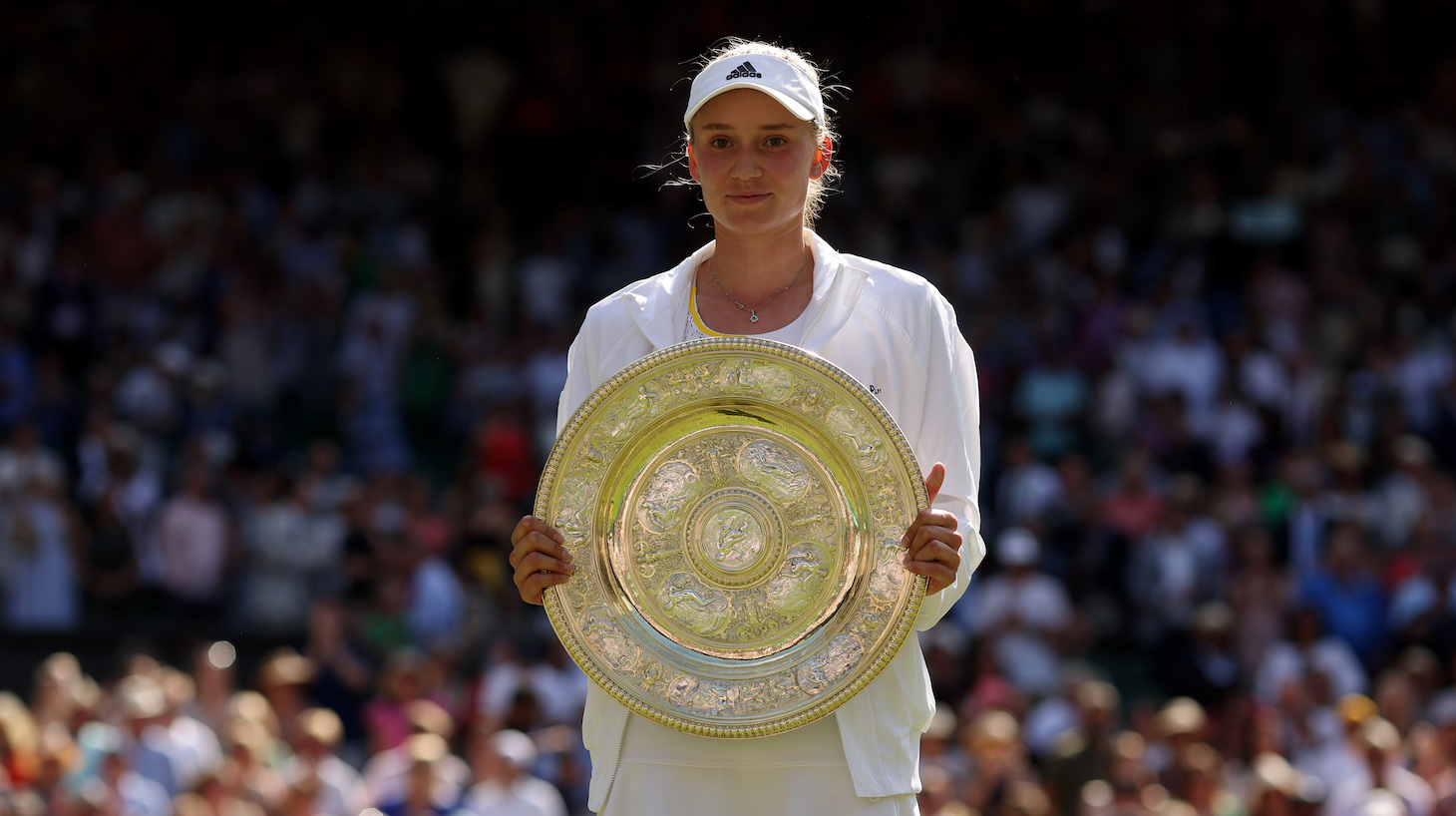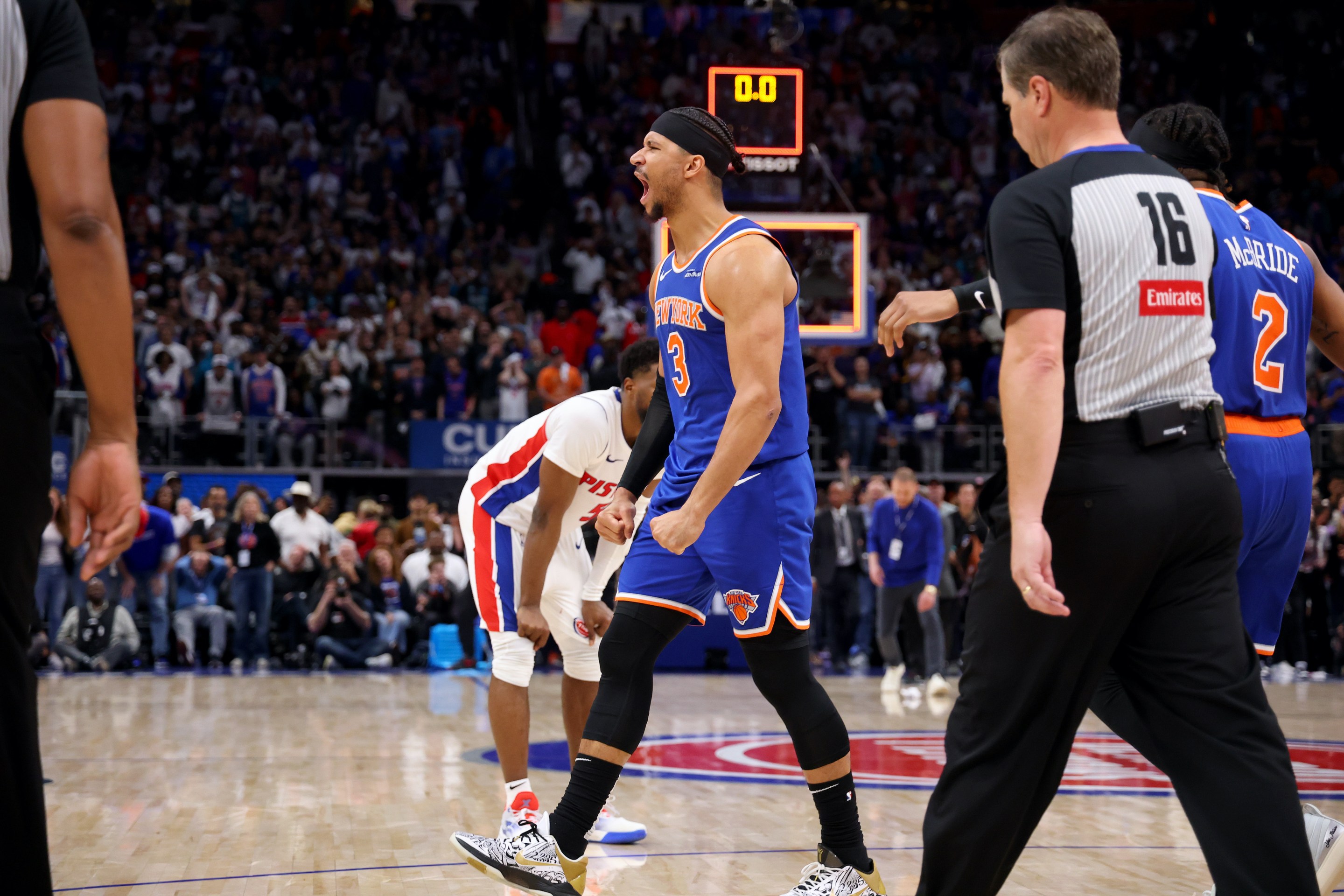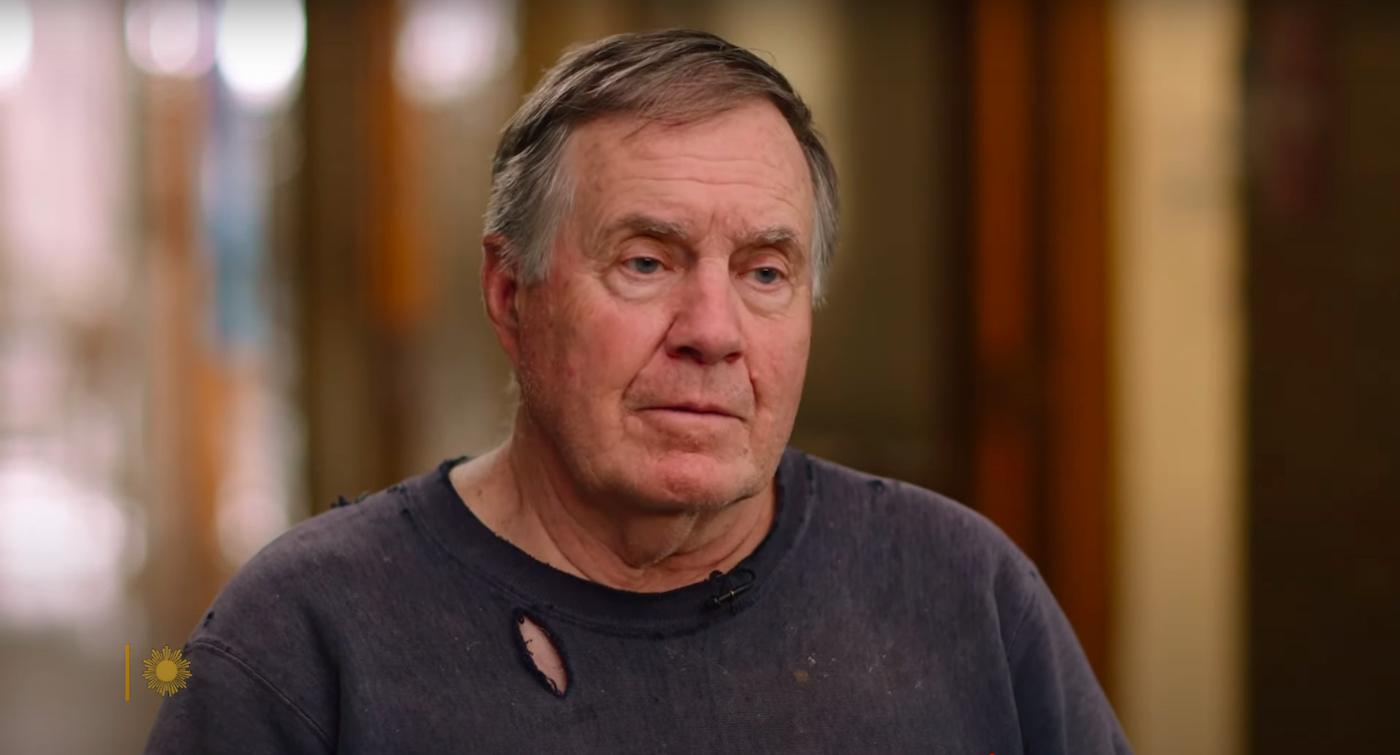A new Wimbledon champion was crowned on Saturday after 23-year-old Elena Rybakina beat crowd favorite Ons Jabeur 3–6, 6–2, 6–2 to win her first grand slam title. From the outset, the match promised a number of possible firsts, with Jabeur being the first Arab woman and the first woman from Africa to make a grand slam final and Rybakina being the first player representing Kazakhstan to do so.
Rybakina’s powerful serve gave her an edge over Jabeur. She averaged 162 kilometers per hour compared to Jabeur’s 146 km/h, and her top serve speed hit 196 km/h compared to Jabeur’s 177 km/h. Rybakina’s steely nerves belied her near total inexperience in slams; she herself admitted that she hadn’t expected to make it to Wimbledon’s second week, and yet there she was on the biggest stage in tennis converting four of six break-point chances while staving off a number of crucial threats on her own serve, especially in this crucial game in the third set:
▪ 0-40 down
— Wimbledon (@Wimbledon) July 9, 2022
▪ In the third set
▪ In a Wimbledon final
Elena Rybakina then won five points in a row and never looked back 👏#Wimbledon | #CentreCourt100 pic.twitter.com/34BldgqEo8
And while her ability to stay cool, calm and collected during the match was certainly impressive, her post-match celebration, or lack thereof, suggested that maybe that had as much to do with her personality as self-discipline. She basically didn’t outwardly react after Jabuer’s forehand sailed wide on the final point and cracked only a few smiles on the court post-match, explaining later that the win was "shocking" and she was trying to stay calm. "Maybe one day you will see huge reaction from me, but unfortunately not today," she said in her post-match presser.
The moment Elena Rybakina became a Wimbledon champion 👏 #Wimbledon | #CentreCourt100 pic.twitter.com/gVCU9oqxx5
— Wimbledon (@Wimbledon) July 9, 2022
It was a tough loss for Jabeur, a beloved and jolly presence on tour who makes a point of talking about inspiring women and girls in North Africa and across the Arab world and who last year memorably puked on court en route to advancing to Wimbledon’s fourth round, but she was predictably gracious in defeat.
Ons Jabeur upbeat and proud in press, and praising Rybakina.
— Ben Rothenberg (@BenRothenberg) July 9, 2022
But adds with a smile:
“I need to teach her how to celebrate.”#Wimbledon
Of course, an awkward little question hovered over the proceedings, as it had all week: Rybakina’s nationality.
Ahead of Wimbledon this year, tournament officials decided to ban any players from Russia and Belarus from competing in the tournament following Russia’s invasion of Ukraine. The All England Club, with all its stuffy pomp and patriotic circumstance couldn’t very well have the Duchess of Cambridge Kate Middleton handing over the trophy to a Russian, could they? As I wrote previously, this ban, which was denigrated by both the men’s and women’s players tours and many others in and out of tennis, never made a whole lot of sense from any angle. And Rybakina’s win on Saturday only underscores the silliness of the ban.
Rybakina was born in Moscow and trained under the Russian Tennis Federation until 2018 when they cut her loose. In a not-uncommon development, Rybakina switched nationalities to Kazakhstan in order to get the coaching and financial support that comes with being part of a national sports program. The Kazakhstan Tennis Federation provided just that—its president was one of the most excited people in her box during the final—but that didn’t stop Russia from claiming Rybakina, and her victory, as its own. Nor did it stop reporters from asking questions about Rybakina's own relationship to her country of birth, which resulted in answers that satisfied no one.
Before and after the final, she faced a number of questions about whether she identifies as Russian or Kazakhstani. As the New York Times reported before the match, Rybakina, whose parents still live in Moscow, tried her best to walk the line in the days leading up to the final:
“It’s already a long journey for me,” Rybakina, 23, said during one of her increasingly tense news conferences this week, when she was asked if she viewed herself as Russian or Kazakhstani. “I got so much help and support.”
[...]
Does she still feel Russian?
“It’s a tough question,” she said.
Has she communicated with any of the barred Russian players? She has not checked her phone much, she said.
Where does she live?
“I think I’m based on tour because I’m traveling every week,” she said. “I think most of the time, I spend on tour. I practice in Slovakia between the tournaments. I had camps in Dubai. So I don’t live anywhere.”
Then in her press conference after the match, she was asked for her opinion on Russia’s invasion on Ukraine and if she condemned the war. She begged off saying she didn’t understand the question due to her limited English, adding: “For my part I can only say I am representing Kazakhstan. I didn’t choose where I was born. People believed in me. Kazakhstan supported me so much.”






